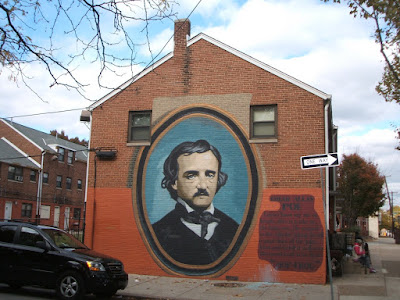We all know how important the
summer solstice is to a wide and diverse array of traditional and modern cultures...
...(at least I think we all do)...(those of you who don’t, please Google
summer solstice)...(then come right back)...(we’ll wait)...
...(everybody else, please breathe mindfully and maybe do a couple sun salutations)...
Awright...now, everybody should know that the
summer solstice is not, in fact, till Monday...
Yet, with fireflies abundant as beads of sweat on my forehead...(not to mention, hell, if I can’t go to the store in October without hearing
Rudolph the Red Nose Reindeer, three or four days early ain't much)...and in the fervent hope that, like
Bob’s Gita Talk, this blog may inspire fruitful and enlightening discussion, I’ve delved into the vast wealth of oral and written traditions, pictographs, and ancient monoliths from around the world to find some ancient, revered, and highly meaningful lines to share on this almost-but-not-quite-summer-solstice...
Callin’ out around the world,
are you ready for a brand new beat?
Summer’s here and the time is right
for dancin’ in the street...
Martha and the Vandellas*
Some thought-provoking questions to get us started:
1) Does the reference to
a brand new beat imply a refutation of traditional, cyclical conceptions of seasonal change in favor of a more urban paradigm, as suggested by the evocation of
the street as a site for dancing?
2) Should
summer’s here and the time is right be understood to assert a prohibitive view toward dancing at other times of the year? Or, are we to understand that it is only during the summer months that
the streets are acceptable for dancing, while dancing inside or on the grass are permitted at other times? Might the implication be that
streets are the only locations where dancing is condoned during the summer months, indicating a prohibitive view toward dancing anywhere else during this period of the year?
3) Does this emphasis on
streets reflect a tension with the then thriving
beach party culture (see
Funicello, Annette)? If so, can
streets be interpreted in a more contemporary context as representing any outdoor area (including, conceivably, the beach)?
4) If we take
callin' out around the world literally, should people in the southern hemisphere also dance in the street, even though it's the beginning of winter there, and they might catch a chill?
5) In the lines that follow, particular locations are named:
Dancin’ in Chicago, down in New Orleans,
New York City, All we need is music...Do these locations embody particular spiritual significance—like Jerusalem, Mysore, Mecca, or the vortexes in Sedona? Should we take this as a call to make pilgrimages to these locations at the solstice?
6) How are we to take the cryptic statement
all we need is music? Is the implication that music can sustain life in the absence of other nourishment?
7) Or does it imply that the
street dancing here called for is in fact a fertility ceremony, and that, if it is performed properly, at the
summer solstice, crops will be abundant and the people’s needs met?
8) Might
dancing be taken metonymically to represent merriment in general?
9) Or is it all, really, about sex?
10) William James wrote
Common sense and a sense of humor are the same thing, moving at different speeds. A sense of humor is just common sense, dancing.What happens when common sense dances in the street?
Please try to keep the discussion civil.
* ...while originally passed down to us by the esteemed Martha Reeves, these lines are believed to have originated with William “Mickey” Stevenson, Ivy Jo Hunter, and Marvin Gaye...though known to many primarily through translations, interpretations, and commentaries by the likes of David Bowie, the Grateful Dead, the Carpenters, and Van Halen...(as well as more gnostic readings by Bruce Springsteen and the Rolling Stones in which racing
and fighting
, respectively, are substituted for dancing)...
*Those readers whose brains aren't completely overloaded by this highly sophisticated discussion might want to check out my latest at Elephant: Compassion is Complicated, or Idiot Compassion or Generosity*




















































